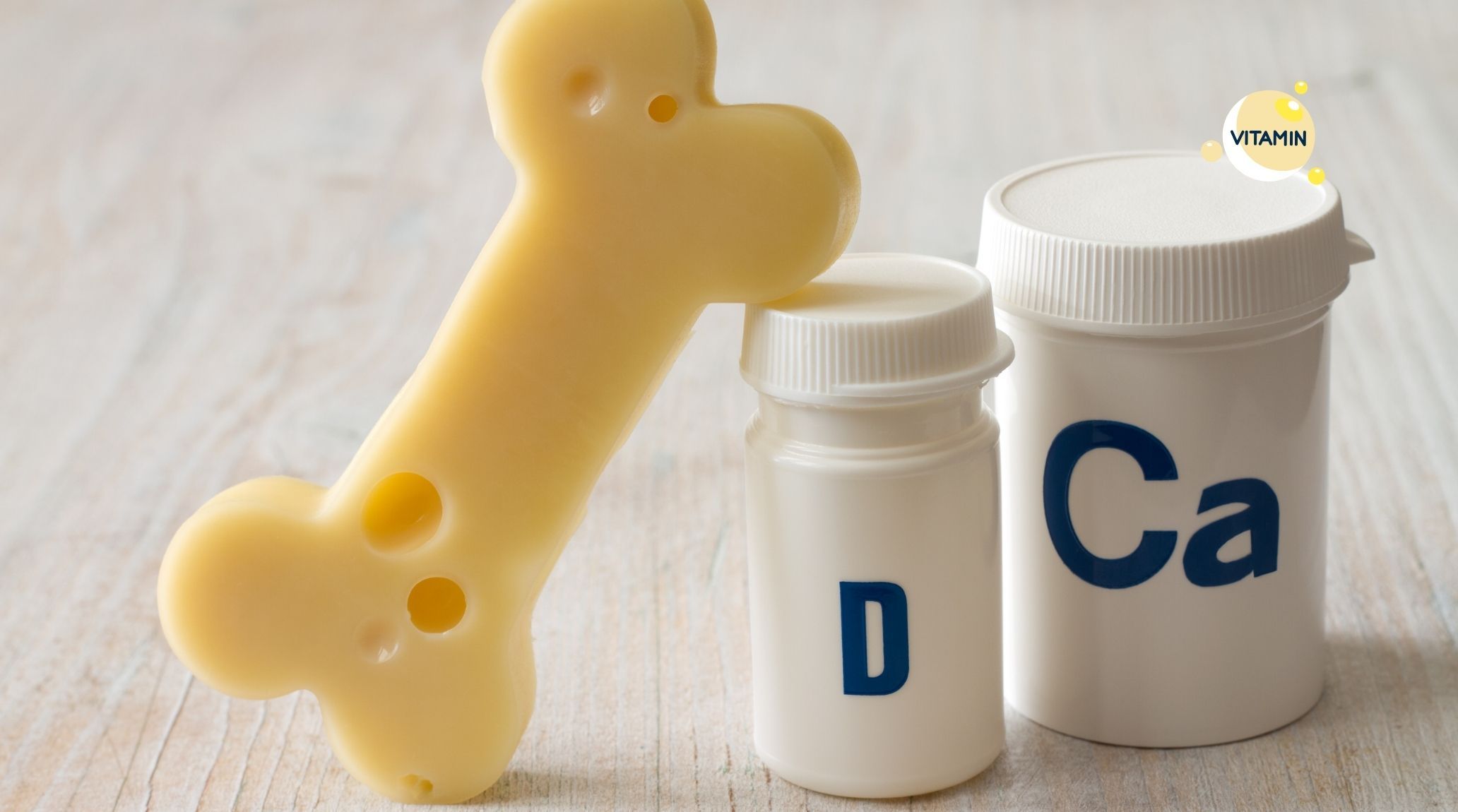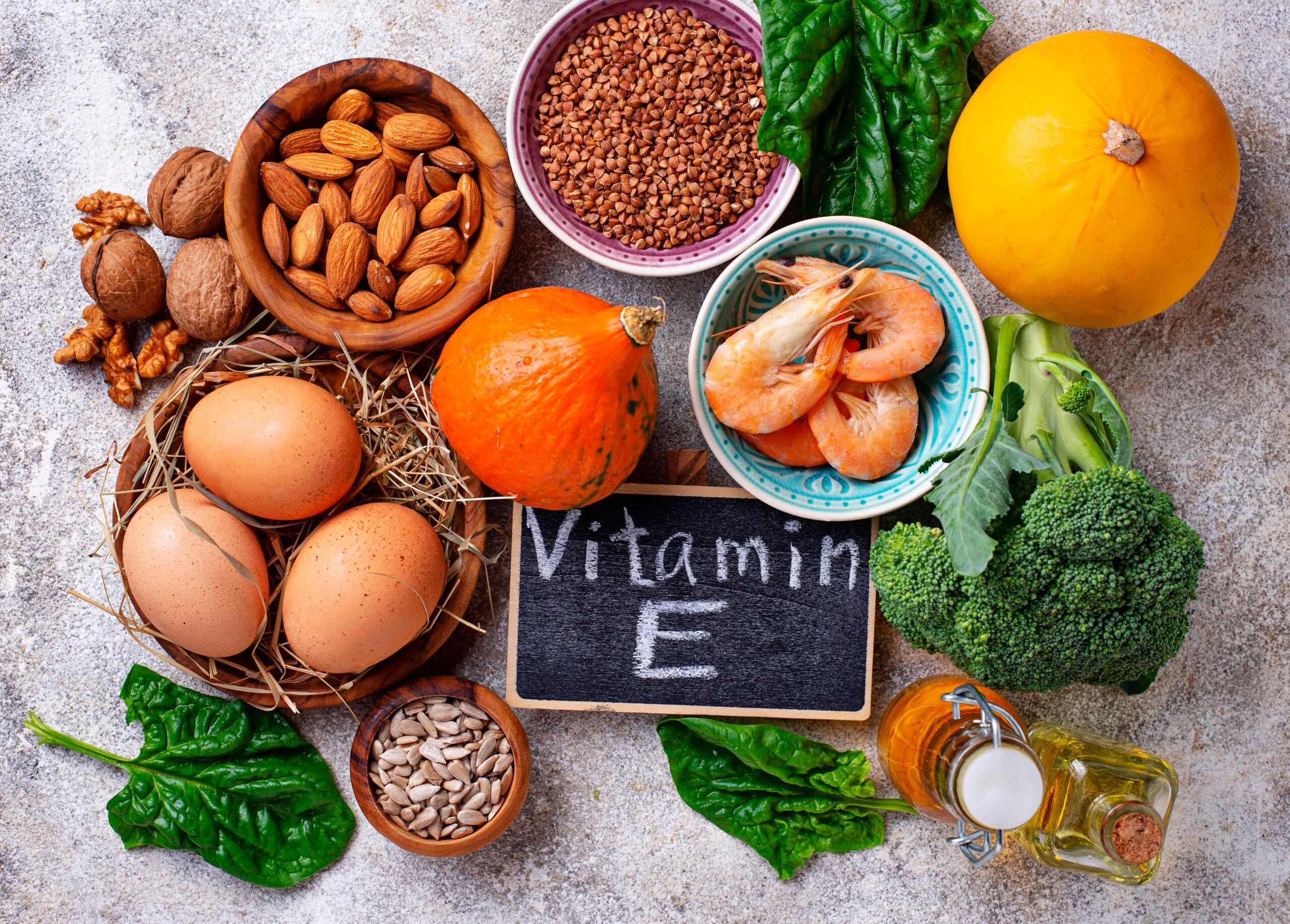
“
Ensuring healthy bones involves more than just regular exercise; it's also crucial to pay attention to your diet. Certain vitamins and minerals play significant roles in maintaining bone strength and density. The roles of vitamins and minerals in bone health are essential for supporting the structure and resilience of your bones. Here are 20 fascinating facts about how these essential nutrients contribute to bone health.1
1
”
Calcium, the body's most abundant mineral, is vital for bone strength and growth. It provides structural support to bones and teeth, helping prevent brittleness and fractures. Sources include dairy products, leafy greens, and fortified foods. 1
Vitamin D, known as the "sunshine vitamin," enhances calcium absorption in the gut. It maintains adequate calcium and phosphate levels for proper bone mineralization. Sources include sunlight, fatty fish, and fortified dairy products. 2
Vitamin K supports bone health by aiding in the carboxylation of osteocalcin, which binds calcium to the bone matrix. This process is essential for maintaining bone strength and mineralization. Found in leafy greens and fermented foods.3
Magnesium, involved in over 300 biochemical reactions, influences bone formation by affecting osteoblast and osteoclast activities. It is part of the bone mineral matrix, impacting bone density and health. Sources include nuts, seeds, and whole grains.4

Phosphorus, working with calcium, is essential for strong bones and teeth, making up about 85% of the body's phosphorus. It supports bone mineralization and helps maintain bone integrity. Sources include meat, dairy, and legumes.
Potassium neutralizes bone-depleting acids, preventing calcium loss and supporting bone health by maintaining acid-base balance. Diets high in potassium are linked to greater bone mineral density. Its sources include bananas, oranges, and spinach. 5
Boron helps in utilizing calcium, magnesium, and vitamin D, supporting bone growth and maintenance. It improves nutrient absorption, boosting bone density and strength. Its sources include fruits, vegetables, and nuts.6

Vitamin E, an antioxidant, protects bone cells from oxidative stress and supports bone remodeling. It helps maintain bone density and strength. Deficiency can increase fracture risk. Its sources include nuts, seeds, and vegetable oils.
Copper plays a critical role in collagen formation, essential for bone structure and strength. It helps in cross-linking collagen and elastin, which supports bone elasticity and integrity. Its sources include shellfish, nuts, and whole grains. 7
Manganese aids bone formation by supporting cartilage and collagen production. It helps with bone mineralization and prevents osteoporosis. Its deficiency can cause poor bone growth and deformities. Sources include nuts, seeds, and whole grains. 8
Fluoride strengthens bones and teeth by aiding in mineralization, making them more resistant to decay. Excessive fluoride can cause skeletal fluorosis. You can find it in fluoridated water and toothpaste. 9
Iron, essential for collagen production and vitamin D conversion, supports bone health and oxygen transport to bone tissues. Iron deficiency can impair bone growth. You can find it in red meat, beans, and fortified cereals. 10
Silicon aids in collagen synthesis and bone matrix formation, enhancing bone strength and density. Its deficiency can lead to weaker bones and connective tissues. Its sources include whole grains, vegetables, and fruits.11
Vitamin A influences osteoblast and osteoclast activity, supporting bone growth and remodeling. Both deficiency and excess of vitamin A can negatively impact bone health. You can find it in liver, carrots, and sweet potatoes.12

Vitamin C, crucial for collagen synthesis, provides a framework for bones to mineralize. Collagen is vital for bone strength and flexibility. Deficiency can lead to scurvy, affecting bone and joint health. Found in citrus fruits and bell peppers.
Zinc is vital for bone tissue renewal and enzyme activity involved in bone metabolism. It supports bone cell growth and maintenance. Zinc deficiency can impair bone formation and repair. It is found in meat, shellfish, and legumes. 13
Iodine supports thyroid hormone production, which regulates bone growth and density. Deficiency can disrupt thyroid function and impact bone health. You can get iodine from iodized salt and seafood. 14
Selenium protects bone cells from oxidative damage and supports bone growth. Its deficiency can impair bone metabolism. You can find selenium in Brazil nuts, seafood, and whole grains.15
Chromium supports nutrient metabolism essential for bone health and regulates blood sugar levels, which can impact bone health. Deficiency can affect bone mineral density. Its sources include whole grains, meats, and vegetables. 16
Dual-Energy X-ray Absorptiometry (DEXA) scans measure bone mineral density (BMD) to assess bone health. This technology helps evaluate the effects of nutrients like calcium and vitamin D on bone density and identify conditions like osteoporosis. 17


